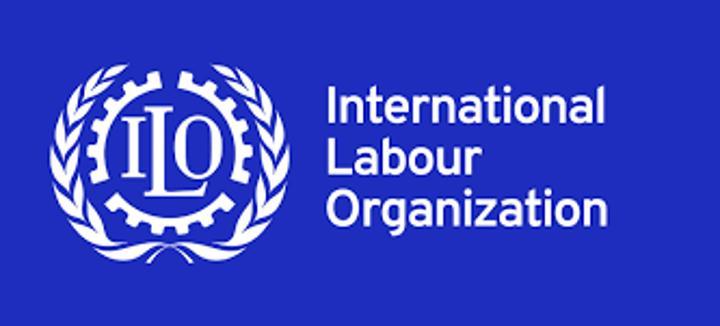Africa-Press – Zimbabwe. EMPLOYEE wellbeing has become a critical issue in the workplace, yet it is often underlooked or undervalued.
In today’s environment, the health of employees is not just a secondary concern, but is integral to the success of any organisation.
Sadly, both employers and employees frequently neglect this vital aspect.
Some workplaces resemble modern-day slavery, where workers face exploitation through coercion, threats or deceit.
This exploitation strips individuals of their freedom and ability to make choices.
According to the International Labour Organisation (ILO), forced labour represents a grave violation of human rights, impacting over 27,6 million people worldwide across various economic sectors and this issue is deeply rooted in poverty, discrimination and inadequate social protection, ultimately undermining fair competition among businesses.
Speaking during the Chartered Governance and Accountancy Institution of Zimbabwe summer school in Bulawayo recently, African Sustainability Consultants chief sustainability consultant Tawanda Muzamwese emphasised the need for organisations to prioritise employee wellbeing stressing that companies should take all necessary measures to ensure their workers have the supportive and conducive working conditions they deserve.
“Companies and organisations should cultivate positive relationships with their employees, as this fosters a healthy working environment,” he said.
Muzamwese highlighted that more than 40,3 million people in various workplaces currently endure modern-day slavery, which poses a significant challenge to environmental, social and governance standards, adding that protecting human rights had become a global imperative for businesses.
Wellness coach and specialist Marilynn Magaso urged employees to prioritise their health, noting that personal wellness is their most valuable asset and reminded companies to create a conducive environment in workplaces.
“I believe it’s time to be practical. It’s time to look at the workspace in a different way. What we are going through is new for everyone.
“So it’s time to go back to the drawing board and rethink whether we are providing a workspace that is conducive for growth and that has a culture of wellness,” she said.
“You see, we used to talk about different work cultures. It’s time that the workplace introduced a culture of wellness, especially in view of the fact that we have so many people who are now suffering from diabetes, hypertension, you know, all these stress-related diseases.
“And a lot of it, as statistics would show in my presentation, is coming from the fact that one is overloaded or one doesn’t also know how to balance. So people need to go back and check.
“Am I not the reason that I have an imbalance in my life, in my job, in just my total social standing and then at the same time, the workplace needs to say, what are we putting on the table to cushion our team? Gone are the days, where we only waited for hard currency.”
Added Magaso: “So I believe it is time that we go back to the drawing board and start being practical about our workspaces and come up with different tools.
“I am sure if you look at my presentation, you will realise that I just gave a few of the tools, but there are so many.
“Let’s normalise having wellness days. Let’s normalise people going for team building sessions, because you also open up to each other and you are no longer operating out of fear. We are in 2025. Surely one should not be scared of their one-up or their team leader.”
For More News And Analysis About Zimbabwe Follow Africa-Press






